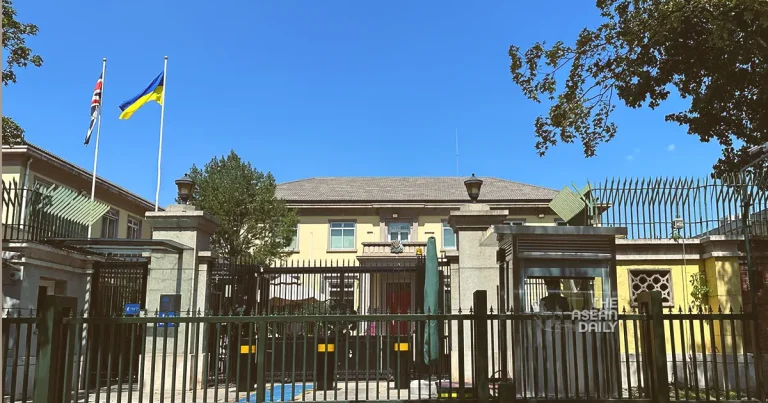8-1-2024 (BEIJING) The Ministry of State Security (MSS) in China revealed on Monday (Jan 8) that the head of a foreign consultancy had been caught spying for Britain’s MI6 intelligence service.
In a WeChat post, the MSS disclosed that Britain’s Secret Intelligence Service, known as MI6, had used a foreign national named Huang to establish an “intelligence cooperation relationship.”
Huang, who was the leader of a foreign consulting agency, had entered China multiple times, following instructions to use their public profile as a cover for collecting China-related intelligence for Britain. Additionally, Huang was instructed to identify other individuals whom MI6 could potentially recruit. The MSS stated that Huang had transmitted 17 pieces of intelligence, including confidential state secrets, to MI6 before being identified.
According to the MSS, Huang had received “professional intelligence training” in Britain and had utilized “specialist spying equipment” for communication purposes.
An investigation conducted by the MSS swiftly uncovered evidence of Huang’s espionage activities, leading to legal measures being taken against him.
The statement did not provide further details regarding Huang’s identity, employer, or disclose information about their current status or whereabouts.
The British embassy in Beijing redirected a request for comment to the Foreign Office in London, which has yet to respond. When asked about the case, China’s foreign ministry declined to provide additional comments during a regular press briefing.
Espionage Allegations and Tensions Between China and Britain
Recent months have seen China and Britain exchanging accusations and expressing concerns about espionage and its impact on national security.
The British government has warned that Chinese intelligence agencies are increasingly targeting officials, although Beijing has denied these allegations.
Last year, a researcher at the British parliament was arrested under the Official Secrets Act on charges of spying for Beijing. However, the individual denied the accusations.
China has publicized several alleged spying cases in recent months, as it maintains a broad definition of state secrets.
In May, a 78-year-old American citizen, John Shing-wan Leung, was sentenced to life imprisonment for espionage, although Beijing has not provided substantial details about the case.
In October, the MSS disclosed the story of another alleged spy, identified by the surname Hou, who was accused of transmitting secret and classified documents to the United States.
China has also conducted raids on various prominent consulting, research, and due diligence firms. In May, Chinese authorities raided the offices of US consultancy firm Capvision, citing the need to safeguard national security and development interests.
In April, staff at the Shanghai branch of another American consultancy, Bain, were questioned by Chinese authorities. Furthermore, in March, workers were detained, and the Beijing office of US-based due diligence firm Mintz Group was closed.
The US government and chambers of commerce have expressed concerns that these raids undermine investor confidence and impede the operations of foreign businesses in China.




